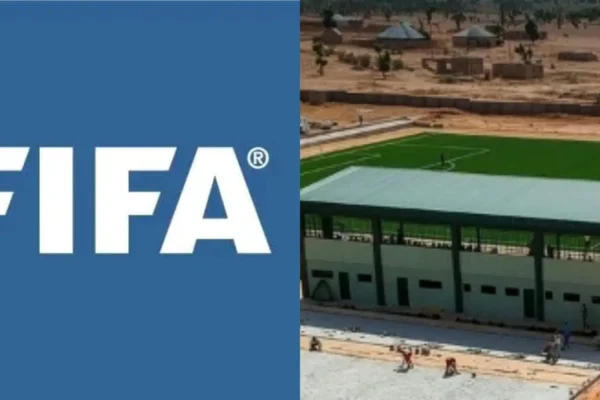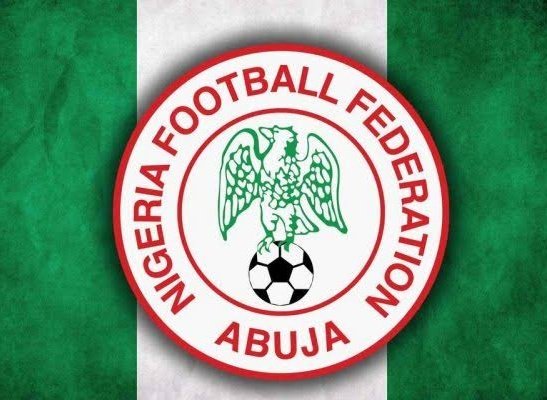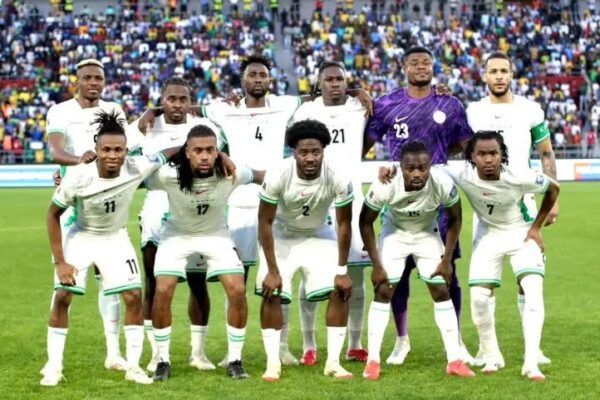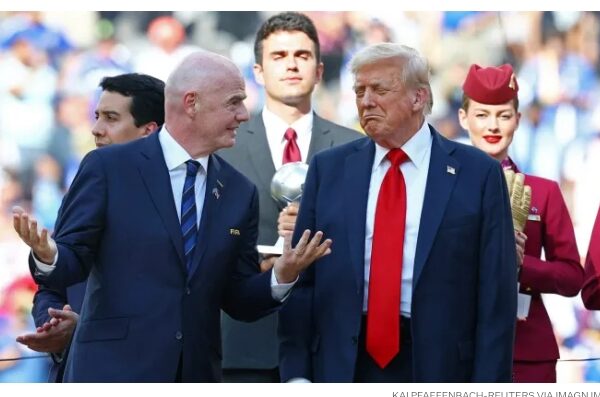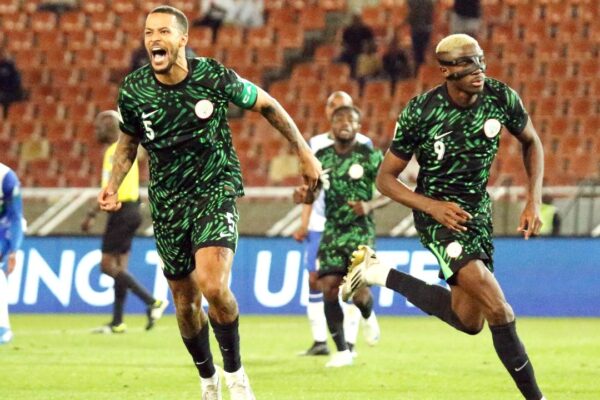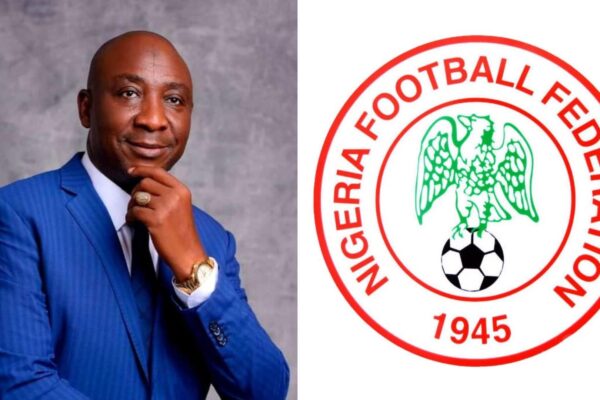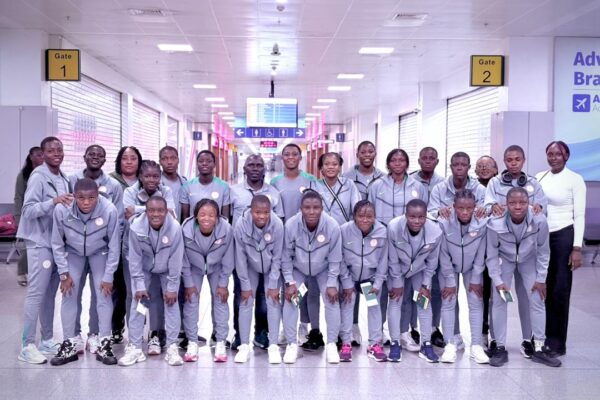
2034 World Cup: Saudi Arabia Unveil Plans for ‘Sky Stadium’
Saudi Arabia has revealed plans for the NEOM Sky Stadium, set to become the world’s first “sky stadium” and a key venue for the 2034 FIFA World Cup. The stadium will be suspended an astonishing 350 meters above the desert floor within the futuristic linear city of The Line, offering spectators a truly unique perspective on the action. Designed to hold 46,000 fans, the stadium will run entirely on renewable energy, reflecting Saudi Arabia’s commitment to sustainable infrastructure as part of Vision 2030. Construction is expected to begin in 2026, with completion scheduled for 2032, leaving ample time for final preparations ahead of the tournament. The stadium will host matches from the group stage through the quarterfinals and is planned to operate year-round, doubling as a venue for concerts, sports events, and other global gatherings. The NEOM Sky Stadium is part of a broader vision to transform sports architecture and technology. It will integrate into NEOM’s mirrored megastructure, creating a striking visual landmark while incorporating state-of-the-art cooling, lighting, and digital fan experience systems. International architectural firms with experience in high-altitude and sustainable design are leading the project in partnership with NEOM, the Saudi Ministry of Sport, and the Public Investment Fund (PIF). The total investment is estimated at $1 billion, making it one of the most ambitious stadium projects in the world. As the first stadium of its kind, NEOM Sky Stadium is expected to become a symbol of Saudi Arabia’s push for innovation and global sporting prominence. The stadium will be one of 15 venues for the 2034 World Cup, integrated into The Line, a city stretching 170 kilometres along the northwestern coast. Its elevated position and futuristic design offer fans an unparalleled experience while demonstrating the kingdom’s ambitions to combine sports, technology, and sustainability on a global stage. Saudi Arabia has already outlined plans for 15 stadiums as part of its 2034 World Cup bid. The centerpiece is the King Salman International Stadium in Riyadh, which is expected to become the largest stadium in the kingdom, with a capacity of 92,760, by 2029, according to Arab News. While the NEOM Sky Stadium has garnered widespread attention, it has also faced skepticism online, with some questioning the engineering feasibility of a stadium suspended at such a height. Others have praised the project as groundbreaking, positioning Saudi Arabia as a pioneer in futuristic, eco-conscious sports infrastructure. Despite broader delays in the NEOM development, initially scheduled for completion by 2039, sources indicate that the stadium’s 2034 World Cup deadline remains a priority. The project is expected to boost tourism and investment, supporting Saudi Arabia’s Vision 2030 diversification goals.


